Is Egypt About To Ban The Burqa?
The Egyptian government has drafted a bill to potentially ban the burqa and the niqab - but what would this mean for the country's Muslim population?
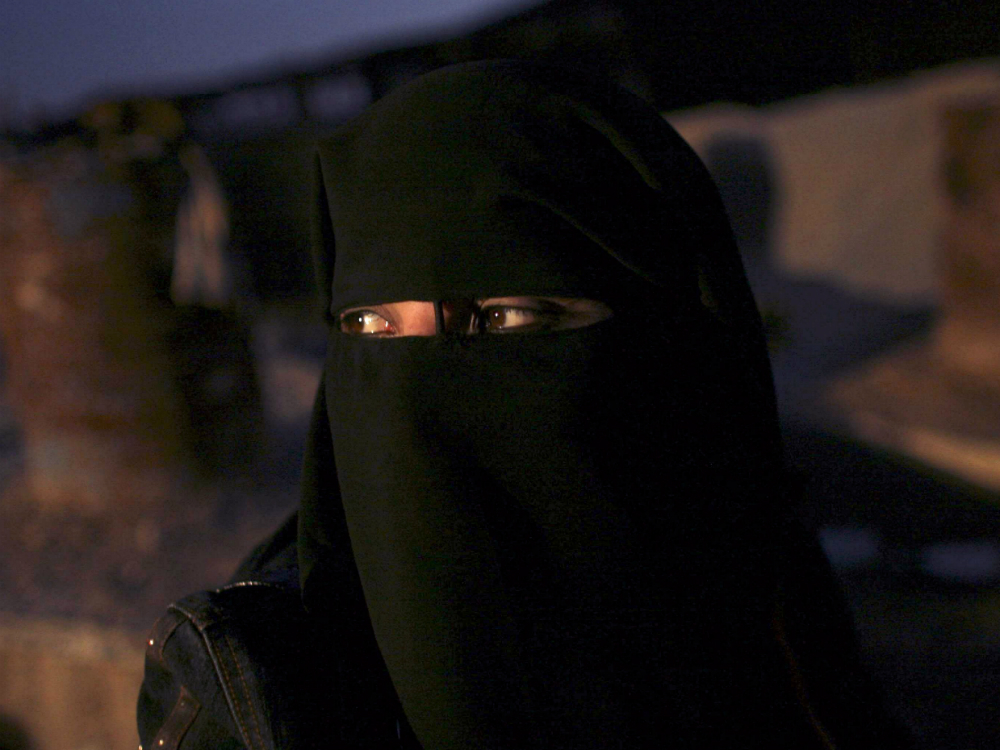
The Egyptian government has drafted a bill to potentially ban the burqa and the niqab - but what would this mean for the country's Muslim population?
In pretty big news, the Egyptian government has drafted a bill to potentially ban the burqa and the niqab in public places and government institutions.
Egypt is a predominantly Muslim country (recent statistics suggest that up to 95 per cent of the population follow Islam) and it's thought that up to a fifth of Egyptian women wear a burqa whenever they leave the house. A further ten per cent cover their faces with a veil, or niqab, too.
But the bill isn't completely out of the blue. Last month, it was announced that Cairo University would be banning doctors and nurses from wearing the niqab, because it would 'protect patients' rights and interests' to be able to see medical professionals' faces. Similarly, teaching professionals at the university are not allowed to lead classes while veiling their faces.
And while a recent study by Pew Research revealed only four per cent of Egyptian women think it's 'appropriate' for a woman to leave her hair uncovered, the potential ban on burqas and niqabs has been received with some high-level support. One Egyptian MP, Amna Nosseir, says she believes the Quran asks women to dress modestly - but not to cover their faces. 'How did Islam impose the niqab if Muslims are asked in the Quran to lower their gaze?' she asked.
Nevertheless, not everybody is feeling positive about the campaign. 'Ban nudity instead of banning the niqab,' said one professor of religion in the region. Hijab, Niqab, Burka… Everything You Ever Wanted To Know About Islamic Headdress (But Were Too Embarassed To Ask) With all the talk in the media over how and what Muslim women should be allowed to wear, you may wonder what is the difference between a hijab and niqab? Well, to make it simpler, we’ve explained the different types of veils worn by Muslim women around the globe. And why are there so many types you ask? Well, what it comes down to really, is culture, as Muslim countries around the world pull from their traditions and values to come up with their own interpretation of modesty. So, want to know what makes a burka and niqab SO different? Let’s get started. Hijab
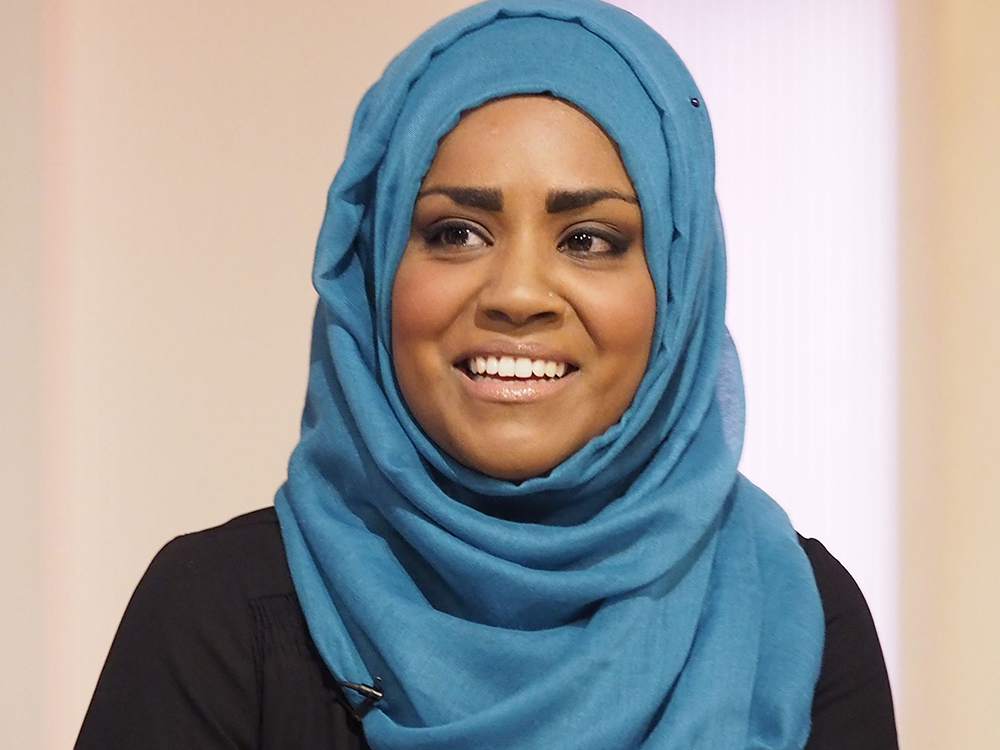
The most commonly worn form of the Islamic veil, the hijab refers to the covering of everything but the women’s face and hands in public. You may have seen the hijab worn by our Great British Bake Off fave, Nadiya Hussain, who wore the classic style in a multitude of colours. Niqab
Celebrity news, beauty, fashion advice, and fascinating features, delivered straight to your inbox!
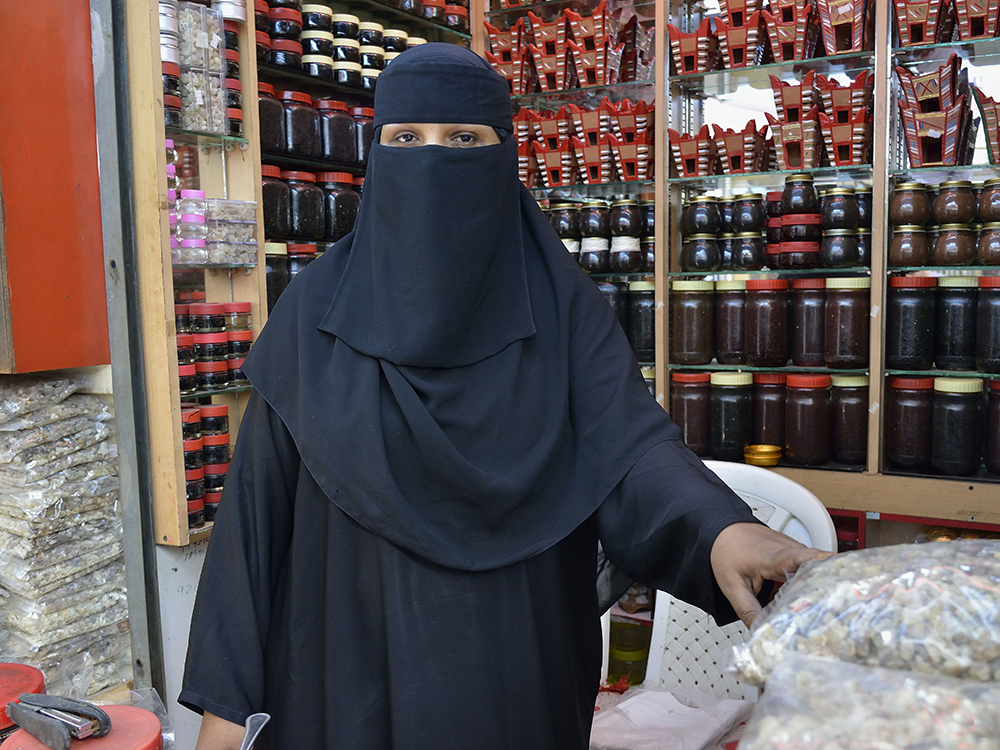
One of the more controversial forms of Islamic veils, the niqab is when a woman covers everything but the eyes. Traditionally worn in Saudi Arabia, the niqab’s use by Muslim women to cover their modesty is hotly debated even within Muslim communities, with many arguing whether it is merely a cultural addition to hijab, rather than a religious one. Burqa (also known as Chadri)
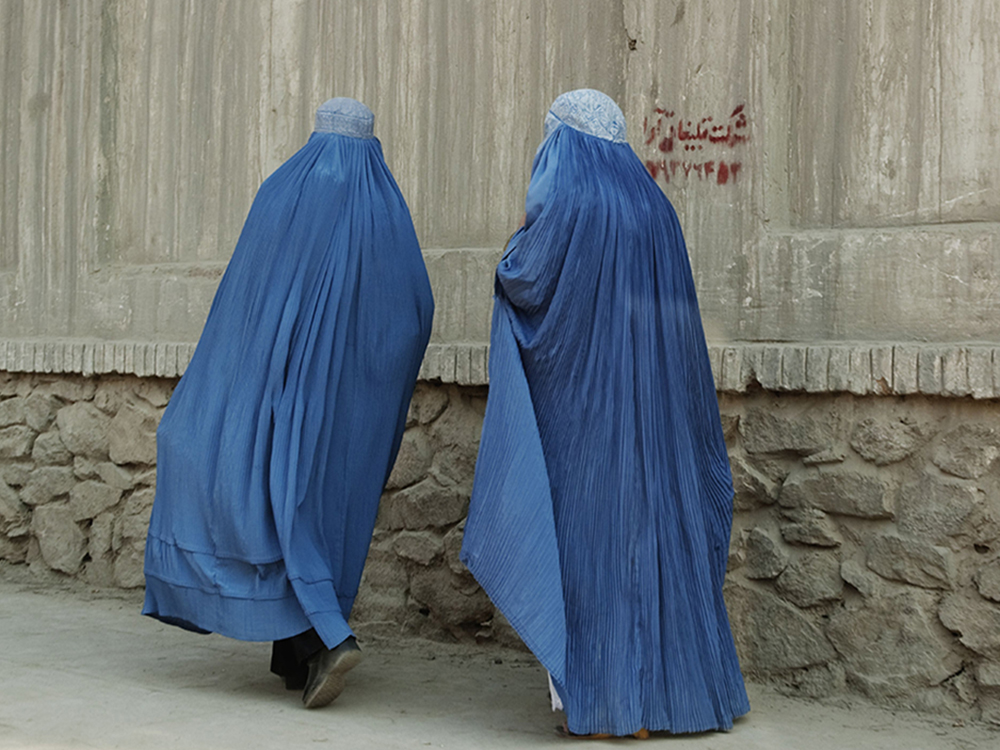
Regularly confused with the niqab, the burqa differs from the face veil in that it involves the coverage of the entire body, including the face – with the face-veil usually being a piece of semi-transparent cloth. After the Taliban took power in Afghanistan, the burqa became mandatory for Muslim women in the country and is now most closely associated with the blue burqas worn by Afghani women.
Abaya
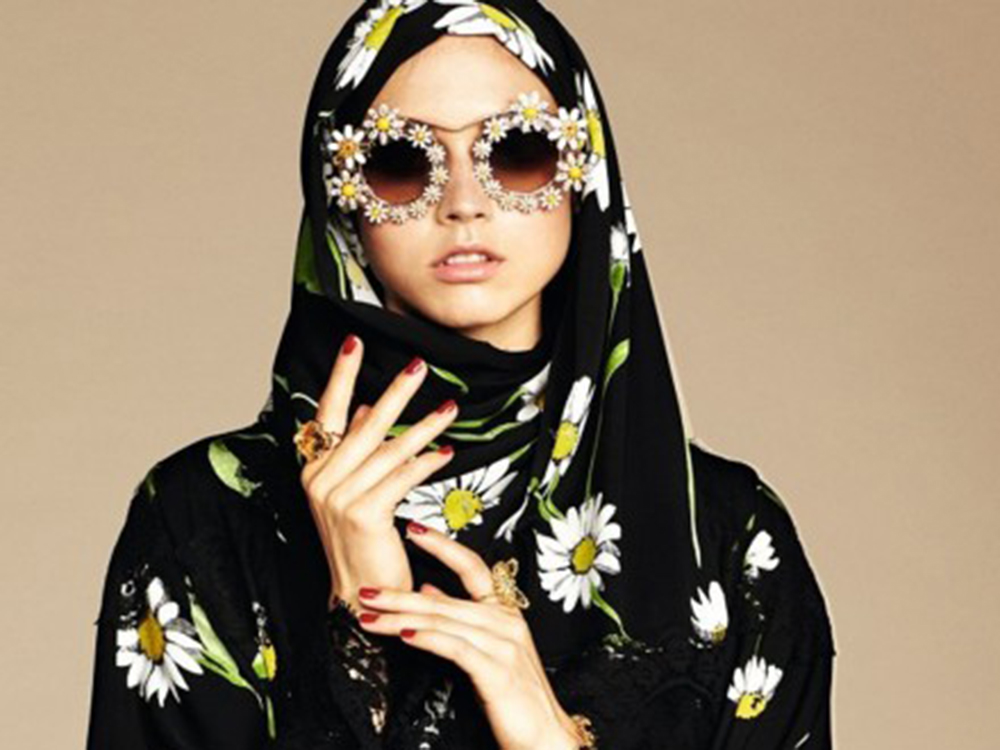
Traditionally worn in black, the abaya is most popular within the Arabian Peninsula, and covers the whole body except the face, feet and hands. It is also considered the most fashionable, with many Arab women decorating their abayas with embellishments and jewels, and designers like Dolce & Gabbana releasing their first abaya collection in 2015.
The leading destination for fashion, beauty, shopping and finger-on-the-pulse views on the latest issues. Marie Claire's travel content helps you delight in discovering new destinations around the globe, offering a unique – and sometimes unchartered – travel experience. From new hotel openings to the destinations tipped to take over our travel calendars, this iconic name has it covered.